On February 1, 2013, Hiroshima University established two new programs: the “Distinguished Professors” (DP) program and the “Distinguished Researchers” (DR) program. Individuals who are part of these programs are recognized as senior and junior faculty members respectively, who are engaged in extraordinarily distinguished research activities.
A Conversation with Distinguished Researcher Toru Hosoi
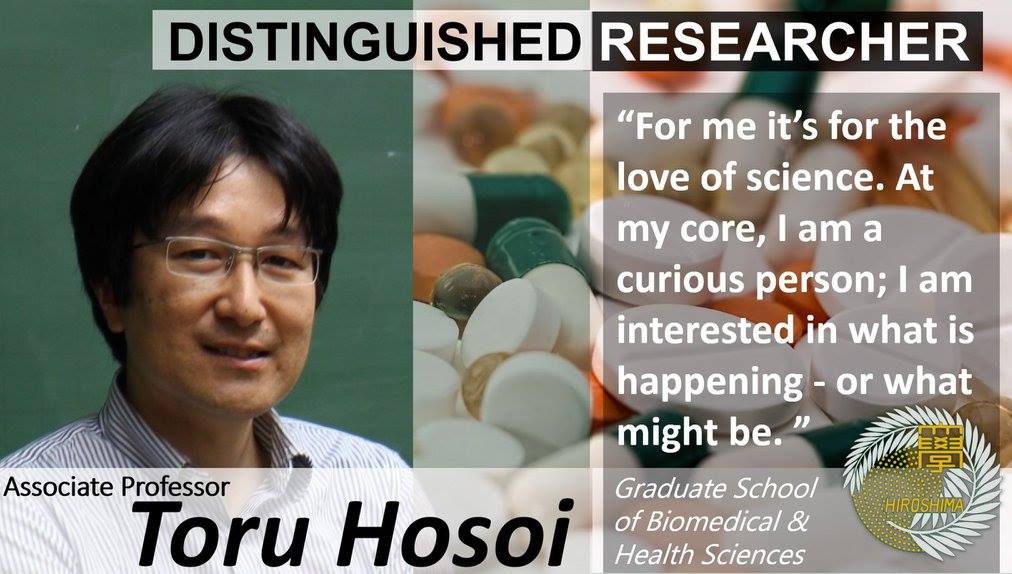
Can you tell me your name and specialist field?
My name is Toru Hosoi. My specialty is pharmaceutical science-specifically pharmacology and clinical pharmacology. I try to understand how medical drugs work with the ultimate aim of finding new drugs. In order to develop such an understanding we first need to investigate the molecular biology involved in disease- I use techniques to resolve this.
What are you working on now?
Endoplasmic reticular stress (ERS). This involves looking at organelles (the specialized structures within cells), and their reaction to stress exposure. Cells and the human body are constantly exposed to stresses and this reduces the function of the endoplasmic reticulum(ER). The ER in organelles plays an important role in protein maturation, so when its function is reduced by stresses, unfolded proteins can accumulate within the cell.
Recently it has been reported that this accumulation causes diseases such as Alzheimer's, Parkinson's, and type-2-diabetes – so we are now focusing on how ERS leads to such diseases.Based on this understanding, we are trying to identify drugs, which will reduce the stress-and thus the associated disease.
You see, many drugs only alleviate symptoms but do not completely cure the root problem-a pain killing drug reduces pain but when removed the pain returns. However, if we can treat the factor that is causing disease we can completely cure the individual. By reducing ERS, we may be able to cure serious diseases. This is my dream-but we're not there yet.
How far are we from realizing such cures?
With ERS and protein-chemistry there is still a lot that is unknown- it's not an easy process. We have been carrying out this research for several years now and have already found some compounds that reduce ERS.
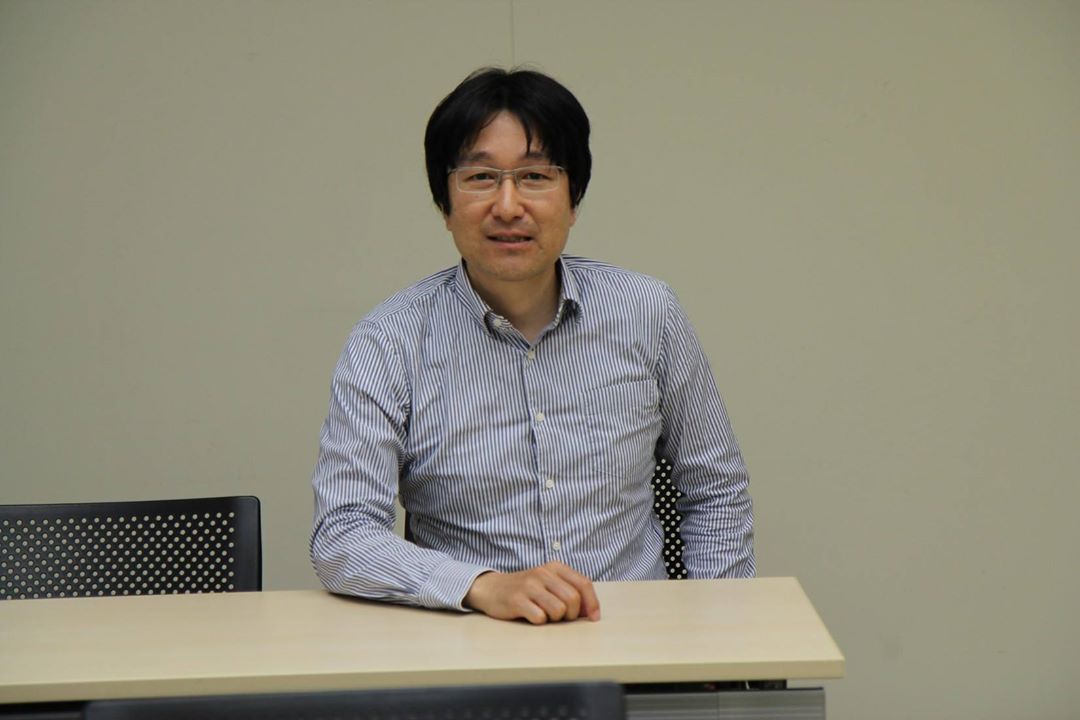
What kind of stresses cause ERS?
It’s difficult to answer as each disease is different. One of my interest is aging as one of a key factor. It is not really known why, but several reports indicate that aging leads to aggregated protein accumulation in cells.
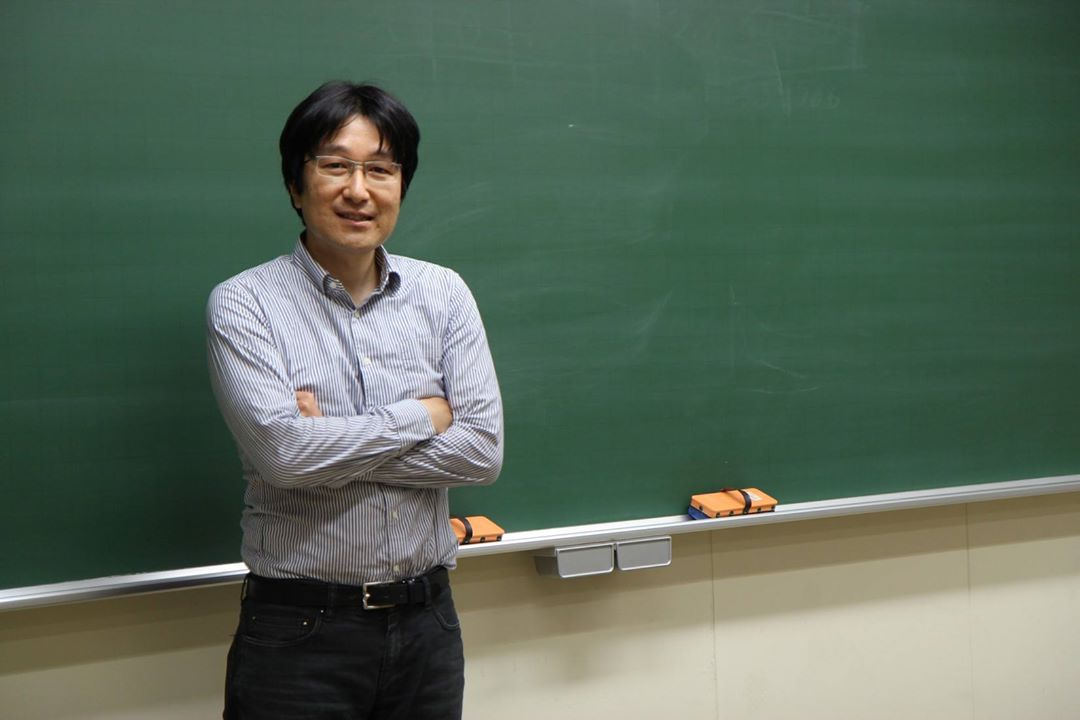
Can traditional Asian medicines teach us anything about curing disease - or is it all bunkum?
Japan is a very interesting country because we have both western and oriental medicine. Both are very active. Western medicine of course has primacy but oriental medicine has a very good reputation also. I do study it a little - but from a pharmacological viewpoint, I want to identify the chemical compounds involved as opposed to specific herbs or energies, leaves etcetera.
There is evidence that oriental medicine can treat certain diseases – it has a very long history and a lot of evidence has been accumulated-but we need to focus on the molecular evidence. I'd like to identify the compounds involved using screening systems so that this ancient knowledge can be utilized-bridge the gap between these two schools of thought.
Have there been any disappointments in your career?
A lot! Most experiments fail. Often when I plan an experiment, I guess the outcome to be A or B. When I carry it out, the result will inevitably be D! But, such results are exciting-they keep it interesting. I have to think a lot and it helps my understanding. It's challenging-that is why I like such deviation.
Most experiments fail. Often when I plan an experiment, I guess the outcome to be A or B. When I carry it out, the result will inevitably be D! But, such results are exciting-they keep it interesting.
Can you tell me about your background?
I was born in Osaka. At the age of two I moved to Saitama near Tokyo. I stayed there until I started university in Hokkaido. After completing my post doc, I lived there for a further 10 years. I liked it there-but it's a little cold, I like the heat!
Why did you enter pharmacology?
When I was young, I liked biology and doing summer research projects; in Japan we have to do summer research at school. We make teams with our friends - and our team carried out a river study. We would visit different parts of a river and record the bugs present to assess the water conditions. We wanted to know which parts were clean, and which were dirty, why this particular type of insect lived there etcetera. It was a three-year project so we were able to gauge if conditions were improving or not. We won a prize for that – it’s a very happy memory for me.
So, I was obviously interested in science and I entered Hokkaido University.In the pharmacology laboratory, I learnt about ER stress and now I'm here! I was lucky to have a good supervisor who first advised me to study the subject at Hokkaido and also suggested that I go to Hiroshima University.
After the three-year river study, had water conditions improved?
Ha, I think mostly they had deteriorated.
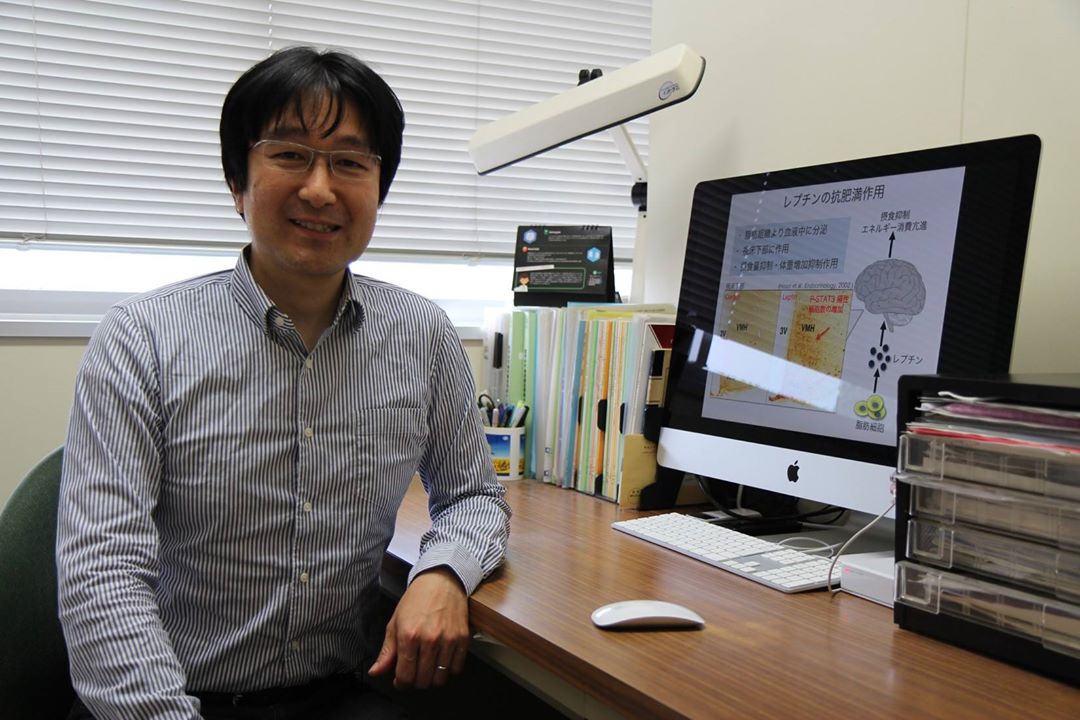
What is your work life like?
I work very hard because within the field of ERS, the numbers of research papers is growing exponentially.It's very competitive now and we have to work very competitively-there is a lot of pressure.A lot more students are joining us as staff – it's becoming very international.
Is that a good thing?
Of course! When I worked at Cambridge University, I was surprised at how international it was. There were Germans, Spaniards, Israelis, Chinese, and of course English. So there were all these different perspectives brought, not only to the research, but also to our downtime. We would talk about our countries, different stories – it was interesting, and fun. It's important to have that mix.
When I worked at Cambridge University, I was surprised at how international it was .... We would talk about our countries, different stories – it was interesting, and fun. It's important to have that mix.
Where do you see yourself in the future?
I hope to continue my research, collaborate more internationally, and with industry. By expanding my ERS and drug research, I would like to identify more compounds and mechanisms-advance the research as much as possible.
Why is what you do important for society?
By focusing on ERS we can develop medicines for serious diseases. I am not a doctor so I don’t usually come into direct contact with patients, but maybe in five – maybe 20 years, I would like to identify new concept drugs. ERS research has a very short history, maybe ten or 20 years perhaps. Because its history is so short, there is a lot to find out – we might hit a gold rush any day!
So, you are a pioneer?
Ha, I would like to be - but there are already many potential pioneers involved in this field. Due to the growing evidence that ERS is involved in disease, pharmacologists are focusing their attention here. Everybody is doing the same research – and it’s getting crowded!
Are awards and fame important to you?
For me it’s for the love of science. At my core, I am a curious person; I am interested in what is happening - or what might be. Awards…not so much; perhaps because I am a little shy! So it’s curiosity that drives me. Of course, if my studies prove useful for society then I am very happy - but curiosity is the driving force.
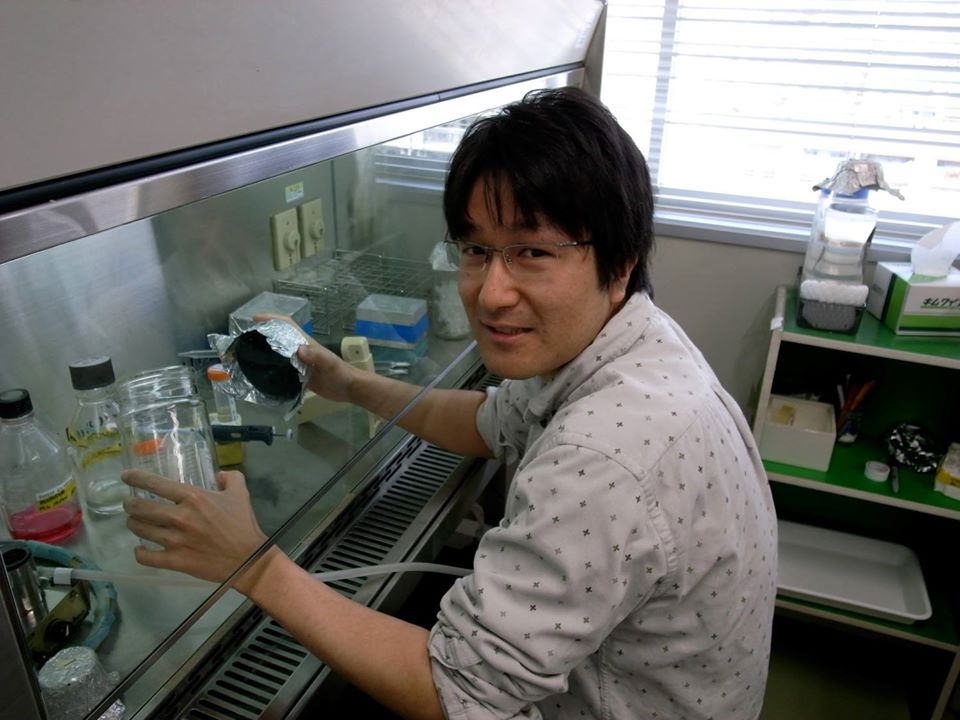
Will we ever see a time when all diseases are eradicated?
It would be difficult, but understanding aging is the key. You know 20, 30-year-old guys very rarely suffer from cancer, diabetes or obesity. But at 60, 70, 80 these are very common, my grandfather and grandmother for example, but young people have almost nothing. Aging is the key risk factor of disease. If we can find the mechanisms of aging and then delay or treat this then we can cure disease. Aging has recently become a focus of our research.
If you had not become an academic, what would you be?
I like traveling and exploring- to go to new places and have new experiences, as I said I'm curious, so maybe something to do with traveling. When I was young I loved designing and making robots and rockets-maybe if I was good at math… who knows?
So you are creative?
I like to make things– technical.
Do you have hobbies outside of work?
As well as traveling, I like listening to music, and I enjoy fishing-mainly lure-fishing, but I like all types.I used to go at the weekends but I'm very busy now and it's hard to find the time.
Is it important for scientists to communicate with the public?
Of course. Often the public don’t know what science does. Science is expensive and if the public can’t understand its importance then we will not get funding. Its importance to Japanese society is perhaps even more pronounced. We have limited resources and so ingenuity and original products are necessary. On a worldwide scale, every problem involves science - so yes we need to improve communication. Until we find a way to do this successfully we need people who can bridge the gap and do the communicating for us.
What is the best thing about working at Hiroshima University?
The climate. Hiroshima has less rain than much of Japan and it’s hot, which I like – but not too hot. It’s stable and that makes for very comfortable research conditions.
The research ethos is also very good here.The top-level research that results means that I can educate students at the cutting edge of my field.
Is there anything about Hiroshima University you think could be improved?
Well recently I have been given a lot of responsibility outside of research.I love research, and of course, my job involves both research and education, both are very important – but we must get the balance right.
Finally. Hiroshima University has set a goal of becoming one of the top 100 universities in the world – is this realistic?
I think it's a good idea! Is it realistic? Maybe not in the short term but why not in the future? We should aim high!
Read more articles on Distinguished Professors / Researchers here
Written by Richard J. O'Connor (Hiroshima University Science Communication Fellow)
Find out more about Associate Professor Toru Hosoi, and how to contact him, here: http://seeds.office.hiroshima-u.ac.jp/profile/en.2778097907513334520e17560c007669.html

 Home
Home